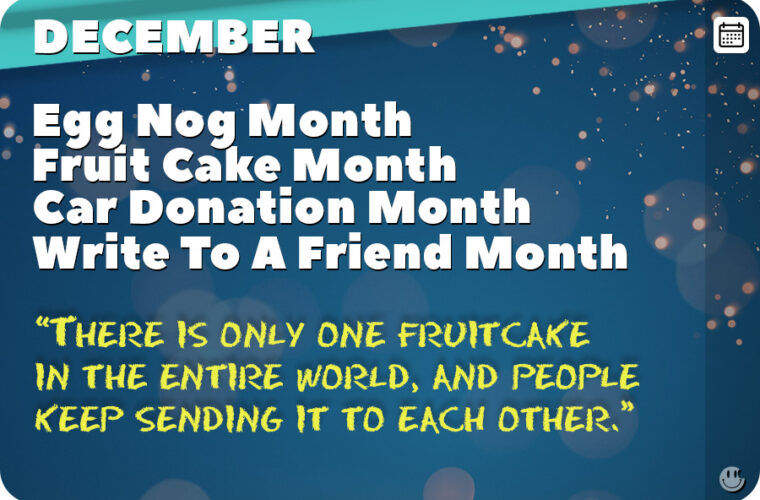 John Swain’s Letter to his son, who was entering Yale University
John Swain’s Letter to his son, who was entering Yale University
~1908
My Dear Son:
I am writing a few things I meant to say to you when we took our last walk together, the day before you left for Yale. l intended to say them then and I will even confess that l shamelessly inveigled you into taking a stroll on the quiet street that l might rehearse a carefully prepared bit of Chesterfield up-to-date; but somehow I could not seem to begin,—and, after all, perhaps I can write what was in my mind more freely and plainly than l could have spoken it.
I think I had never realized before that I was getting old.
Of course I have known that my hair is causing your mother much solicitude. and that l am hopelessly wedded to my pince-nez while reading my daily paper, and at the opera; but in some incomprehensible way I had forgotten to associate these trifles with the encroachments of time. It was the sudden realization that you were about to become a Freshman in the college from which, as it seems to me, l but yesterday graduated, that “froze the genial current of my soul,” and spared you my paternal lecture.
Why, l can shut my eyes and still hear the Ivy Song, as we sang it that beautiful June morning; and yet but a few nights more and you will be locked in the deadly Rush on the same field where I triumphantly received two blackened eyes, and, l trust, gave many more!
Another thing, trifling in itself, opened my eyes to the fact of my advancing years. My son, my loyal and affectionate boy, some day it may be yours to know the pain, the unreasonable pain that comes over a man to know that between him and his boy, and his boy’s friends, an unseen but unassailable barrier has arisen, erected by no human agency; and to feel that while they may experience a vague respect and even curiosity to know what exists on your side of the barrier, you on your part would give all- wealth, position, influence, honor- to get back to theirs! All the world, clumsily or gracefully, is crawling over this barrier; but not one ever crawls back again!
You have ever seemed happy to be with me; you have worked with me, read and smoked with me, even played golf with me; but the subtle change in your attitude, the kindling of your eye when we met young men of your age, is the keenest pain I have ever known; yet one which, God knows! I would not reproach you with.
It explains what I used to see on my father’s face and did not understand.
For the tyranny of youth, my son, is the one tyranny which never has been, never can be overthrown. Nothing can displace it, nothing shake its power.
I usually beat you at golf, and occasionally at tennis; I suppose that if we were to spar together I might still make a respectable showing, and at least “save my face.” It avails no thing. I am on my side of the barrier, you on yours.
It seems but a year and a day since I tucked the ball under my arm and sped down the gridiron, sustained by the yells of my partisans; and if our game lacked the machine-like precision of the mass formations you are already somewhat familiar with, it was a good game, and we were good men, and all on the right side of the barrier!
So bear with me if l pause a moment and gaze back across this inevitable gulf into the pleasant land that lies behind me, -a picture evoked by your dawning college career.
I would not have you think me regretful, or melancholy. Life has been good to me- and every age has its gifts for the man who is willing to work for them and use them temperately. And nothing is more ungraceful, more ludicrous, than the spectacle of one who attempts to linger over the pleasures of an age he had outlived, and ignore the advantages of his own time of life.
Yet, as the years bring weakness, the mind persistently drifts back to the earlier periods of life, until the aged actually enter a phase we not inaptly name “second childhood,” from which Heaven forefend me!
I can still appreciate a pair of sparkling blue eyes, and I am not oblivious to the turn of a pretty shoulder; although I devoutly trust that my interest is now impersonal, and merely artistic . . .
Some fathers say to their sons upon the first home leaving,—”Beware of wine and women!” I do not.
If your home life has not taught you the virtues of a temperate, clean life, as I hope, then no words of mine can do it, and you must learn, as too many others have, from a bitter intimacy with its antithesis.
As to women, I never avoided them; I sought them out, from the time when, a red-cheeked youngster, I trudged to school beside a red-cheeked lassìe- asleep these many years in the little village lot where lie so many with whom I fought and played these many years gone by.
I have no advice to offer you on this great subject; its ethics are not taught by letter. If I have any regrets, they are not for your ear, nor any man’s. And if, of some women I have known, I cannot say that I lifted them up, at least of no woman can it be said that I thrust her down!
I ask of you no more than this and the guidance of your own heart; that, in the latter years, when you, too, pass over the barrier, you may not leave behind you shadows on the flower-decked meadows of your youth.
You will probably play cards in college; most men do, -I did. The gambling instinct in man is primordial. Kept under due bounds, if not useful, it is at least comparatively harmless. This is the very best that I or any honest man can say of it. I should be glad if you never cared to gamble; but l do not ask it. Assuming that you will, l do not insult you, and myself equally, by warning you against unfairness; to suppose you capable of cheating at cards is to suppose an impossibility. You could not do so without forfeiting the right ever to enter your home again. But some careless and insidious practices, not unknown in my day and class, savor to the upright mind of cheating, without always incurring its penalties.
To play with men whom you know cannot afford to lose, and who must either cheat or suffer privation; to play when you yourself must win your bet to square yourself; that is, when you do not reasonably see how you are going to raise the money to pay providing you lose,—this is a gambler’s chance to which no gentleman will ever expose his fellow players.
There is nothing heroic about these desperate casts of the die; one risks only the other fellow’s money. These practices I ask and expect you to avoid.
l ask nothing of you in the way of a declared position on religion. Your mother may have demanded more of you here,—entreated more; I cannot. I ask but this: that you will give earnest, serious consideration to the fact that we exist on this planet for a shockingly brief fraction of Eternity; that it behooves every man to diligently seek an answer to the great question,—Why am I here? And then, as best he can, to live up to the ideal enjoined by his answer. And if this carries you far, and if it leads you to embrace any of the great creeds of Christendom, this will be to your mother an unspeakable joy, and perhaps not less so to me; but it is a question which cannot be settled by the mere filial desire to please.
Last of all, while you are in college, be of it and support its every healthful activity.
I ask no academic honor your natural inclinations may not lead you to strive for; no physical supremacy your animal spirits may not instinctively reach out and grasp.
You will, I presume, make the fraternity I made, and, I hope, the societies; you will probably then learn that your father was not always a dignified, bearded man in pince-nez and frock coat, and that on his side of the barrier he cut not a few capers which, seen in the clear light of his summer, gain little grace. Yet, were he to live his life over again, he would cut the same, or worse.
Finally, if you make any of the teams, never quit. That is all the secret of success. Never quit!
Quitting, I like to believe, has not been a striking characteristic of our family, and it is not tolerated in our college.
If you can’t win the scholarship, fight it out to the end of the examination.
If you can’t win your race, at least finish- somewhere.
If your boat can’t win, at least keep pulling on your oar, even if your eye glazes and the taste of blood comes into your throat with every heave.
If you cannot make your five yards in football, keep bucking the line—never let up—if you can’t see, or hear, keep plugging ahead! Never quit! If you forget all else I have said, remember these two words, through all your life, and come success or failure, I shall proudly think of you as my own dear son.
And so, from the old home-life, farewell, and Godspeed!
Your Affectionate Father








